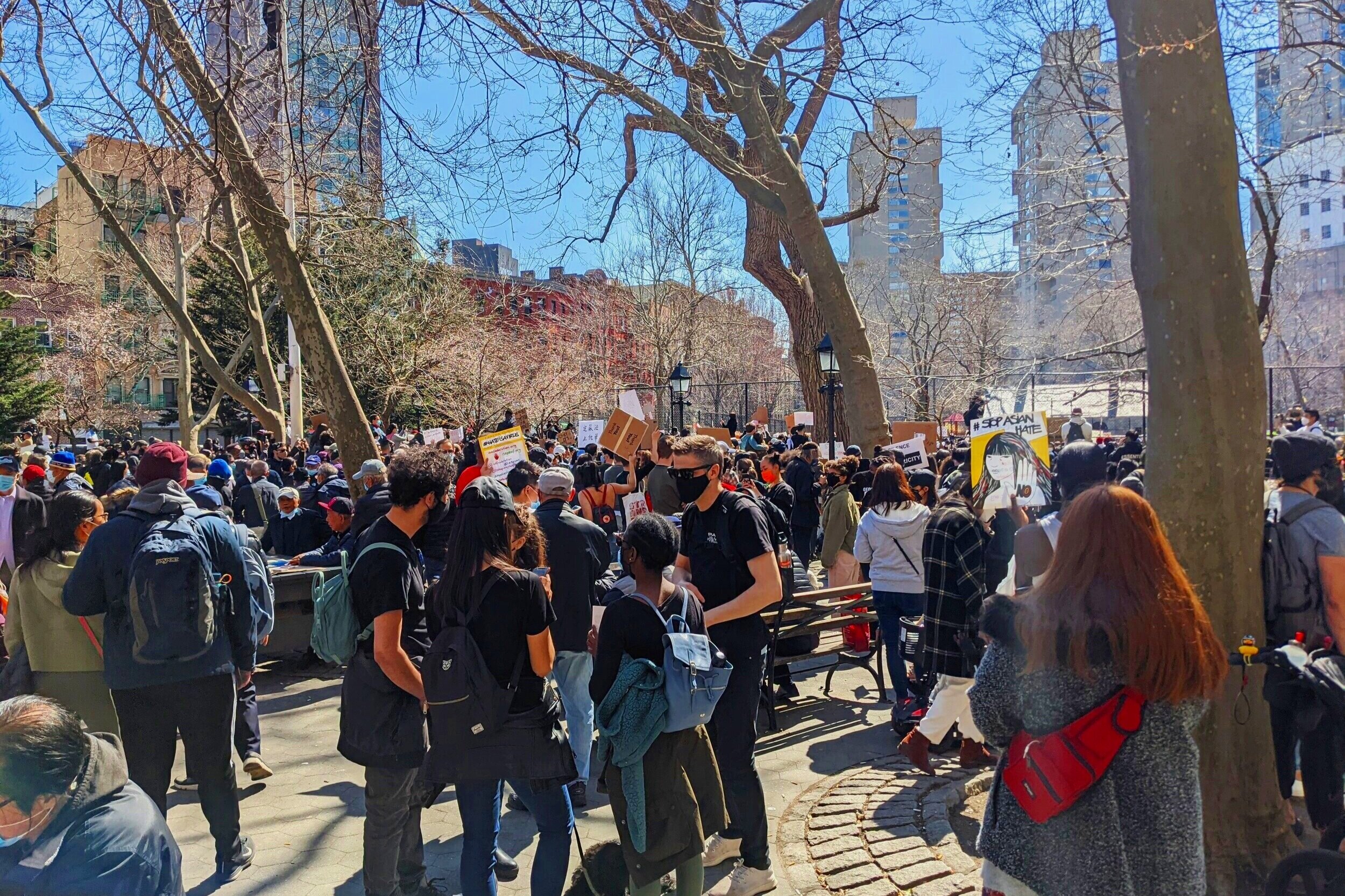of cats and culture
Happy Halloween, everyone!
I’ve always loved this holiday. I used to spend literal months deciding on a costume as a kid, and then be so excited that I couldn’t sleep the night before. I started trick-or-treating at 10 months old (which may or may not have been my parents’ idea) and one of my favorite traditions was decorating the house.
Of course, now that I’m an adult, I’ve noticed that Halloween involves a lot less candy and a lot less creativity (edit: I have been informed that this is called “growing up,” but seriously, there should be a statute of limitation on the number of girls that are allowed to wear black crop tops and cat ears). Personally, I’m a fan of November 1st, because it means half-price candy.
I was scrolling through my newsfeed the other day, and my friend shared an article with the title “Día de Los Muertos Is Not Halloween,” about how sugar skull makeup misappropriates Mexican culture. And while there’s often a fine line between appreciation and misappropriation, Halloween, a glaring, costumed derivative of the spiritual holiday All Hallow’s Eve, is probably not the best time to test it.
While there are a lot of common elements between Halloween and Día de Los Muertos, including a shared date, the symbolism is vastly different. The three-day festival, traditionally observed in Mexican culture, celebrates the inevitability of death and acknowledges it as a part of life, and honors the souls of deceased friends and families with festivities as a sign of respect. Celebrations involve setting up altars with their departed loved ones’ favorite foods, and going to cemeteries to decorate their graves and pray.
While honoring the dead isn’t unique to Mexican culture—you’ve probably heard of the Madagascan holiday, Famadihana or the Japanese Obon Festival—I find it a very beautiful idea. It’s a way of remembering those who have passed on, while celebrating the very short gift of life we are allowed. It’s a good reminder to appreciate just being alive and to make the most of it, because we often forget that.
Being Asian, it’s very difficult to ignore cultural misappropriation, especially on Halloween. I’ve seen more slutty geisha costumes than I care to count (and there’s even a Chinese-themed “Oriental Girl” costume, which is equally terrible). And it’s hard not to be in awe of sugar skulls. The makeup interpretations of it are stunning—more colorful, more intricate, and more beautiful versions of a regular skeleton face. But the point of culture is that it’s a representation of a shared history, and in many cases, a shared suffering. And after Halloween, when the havoc has subsided and everyone’s a little bit more sober, you have the luxury of taking off your costume and enjoying being a part of a culture that’s not microaggression-ed all over the place.
While I agree that being easily offended is a problem in American culture, which fears political insensitivity (my sister was once told in elementary school that you couldn’t talk about your mom or dad because “some children don’t have them”), cultural misappropriation on Halloween is an indication of a much larger issue—that cultural traditions are being commercialized and rapidly losing meaning. And it’s often only subtly disrespectful, which is a slippery slope (just Google “boiling frog”). But if I don’t respect my culture or other peoples’ culture, how can I expect other people to? A frequent insult to Americans is “uncultured,” and this is one of the reasons why. You would think that, with a history of literally and figuratively bulldozing other cultures, we would be a little less concerned about gender-neutral pronouns and a little more sensitive to the multitude of cultures that constitutes our so-called “melting pot.”
In short, just don’t be racist. You wouldn’t go out in blackface, so just as a general rule of thumb, don’t dress up as anything that could be conceived as trivializing another culture. As commonplace as they are, cats aren’t offensive to anyone. And most of all, especially to all my friends in Isla Vista this weekend, please be safe.






























